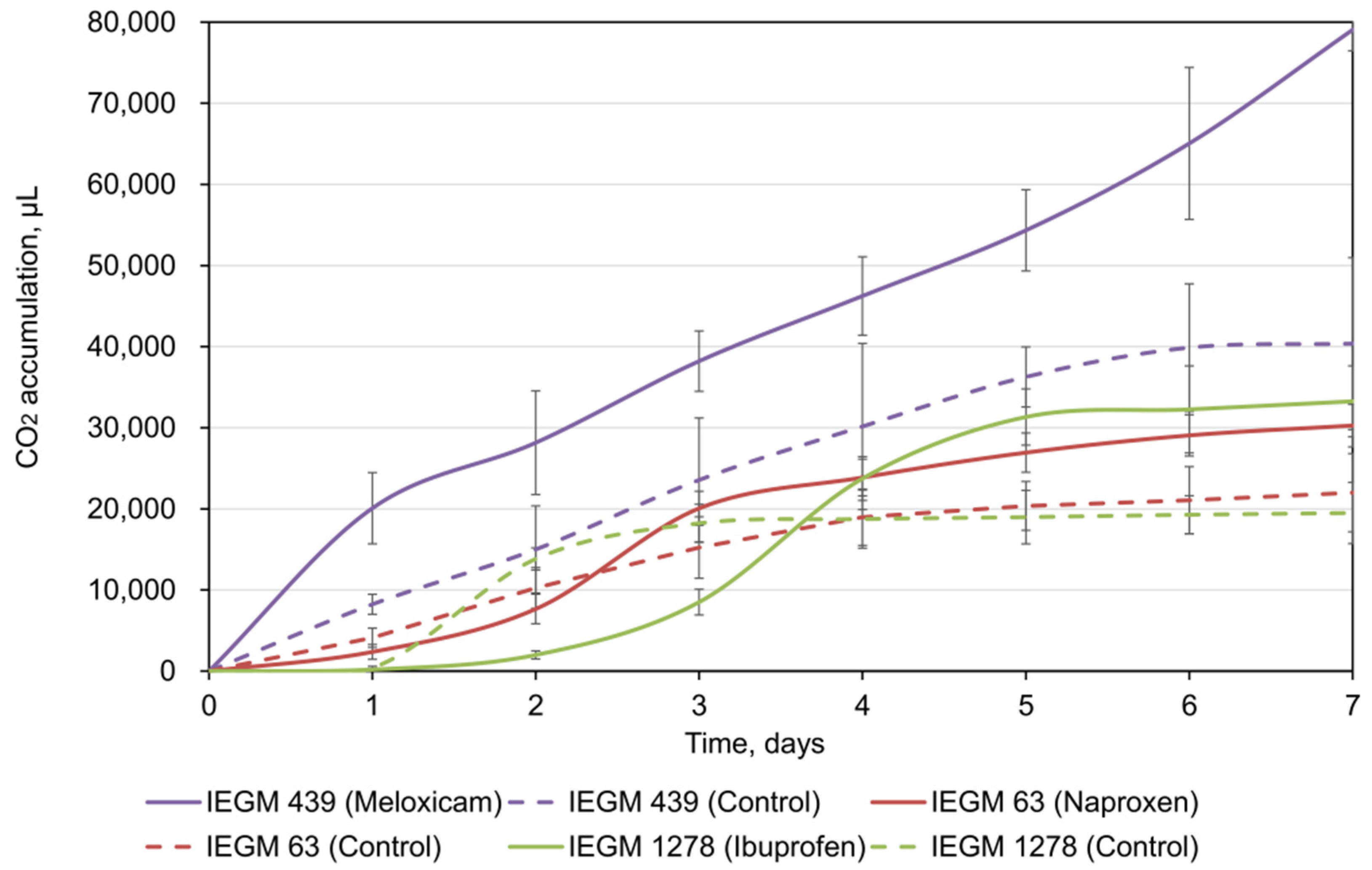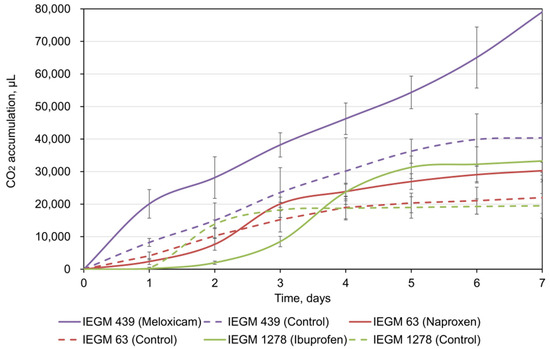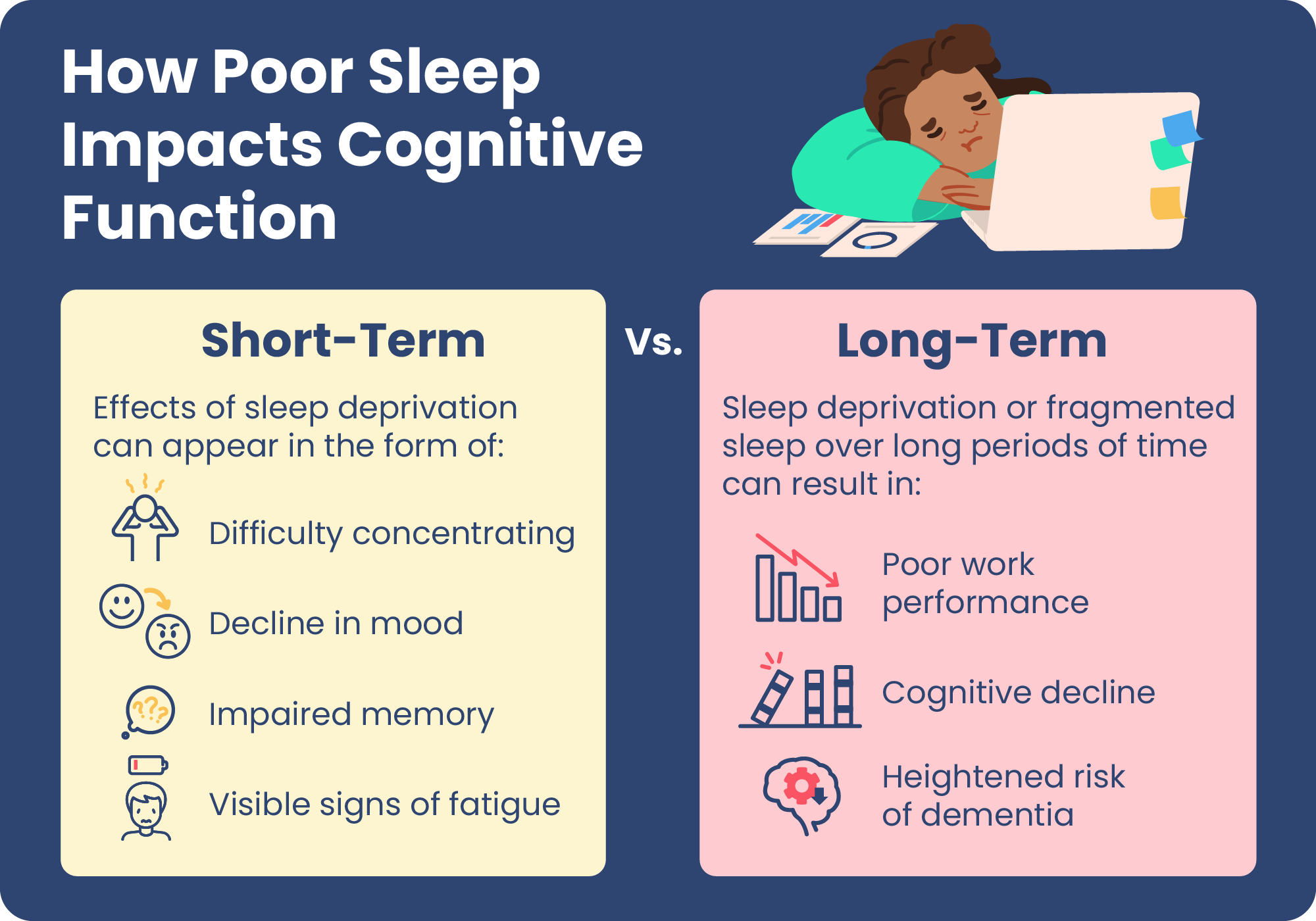Yes, taking a sleep aid with Meloxicam is generally safe, but it depends on the specific sleep aid and your overall health. Always consult with a healthcare provider before combining medications.
Meloxicam is a nonsteroidal anti-inflammatory drug (NSAID) commonly prescribed for pain and inflammation associated with conditions such as arthritis. While it can be effective for managing pain, it does have potential side effects, particularly when combined with other medications.
Sleep aids can range from over-the-counter (OTC) medications like diphenhydramine (found in Benadryl and some sleep aids) to prescription drugs like zolpidem (Ambien). When combining a sleep aid with Meloxicam, there are a few considerations:
Drug Interactions: While Meloxicam does not have major interactions with most common sleep aids, there is a potential for increased sedation, dizziness, and gastrointestinal side effects when combined. This is particularly true with older adults or those with existing health conditions.
Gastrointestinal Risks: Meloxicam, like other NSAIDs, can increase the risk of gastrointestinal bleeding, especially when taken over a long period or at higher doses. Some sleep aids, particularly those containing antihistamines, can also contribute to gastrointestinal discomfort. This combined effect may exacerbate the risk.
Cardiovascular Concerns: Both NSAIDs and certain sleep aids have been associated with an increased risk of cardiovascular events, particularly in patients with pre-existing conditions. Monitoring and consultation with a healthcare provider are essential.
Renal Function: Meloxicam can affect kidney function, particularly in those with pre-existing renal conditions. Some sleep aids may also impact renal function, making it essential to monitor this when combining these medications.
| Factor | Meloxicam Alone | Sleep Aid Alone | Combined Use |
|---|---|---|---|
| Gastrointestinal Bleeding Risk | 1.5% | 0.5% (OTC) | 2.0% (with OTC sleep aid) |
| Dizziness/Fatigue Occurrence | 3% | 7% (OTC) | 10% |
| Renal Impairment Risk | 2% | 1% (OTC) | 3% |
| Cardiovascular Event Risk | 1.2% | 1.0% (OTC) | 2.0% |
Before combining Meloxicam with any sleep aid, it’s advisable to consult with a healthcare professional who can assess your specific health needs and risks.

Credit: www.mdpi.com
Understanding Meloxicam
Meloxicam is a nonsteroidal anti-inflammatory drug (NSAID) commonly used to relieve pain, inflammation, and stiffness caused by conditions such as osteoarthritis and rheumatoid arthritis. It belongs to the same class of medications as aspirin and ibuprofen.
What Is Meloxicam?
Meloxicam is a prescription medication that helps reduce pain and inflammation by blocking certain chemicals in the body. It is available in tablet form and is typically taken once a day with or without food. However, it is important to follow your doctor’s instructions regarding dosage and duration of treatment.
How Does Meloxicam Work?
Meloxicam works by inhibiting the production of substances called prostaglandins that are responsible for pain and inflammation. By reducing the levels of prostaglandins, meloxicam helps alleviate symptoms and improve function.
Potential Side Effects Of Meloxicam
While meloxicam can be an effective pain reliever, it may cause some side effects. Common side effects include stomach upset, heartburn, and dizziness. In rare cases, it can also lead to more serious side effects, such as stomach bleeding or allergic reactions. It is important to discuss any concerns or existing medical conditions with your doctor before starting meloxicam.

Credit: www.mdpi.com
Exploring Sleep Aids
Before taking any sleep aid, it’s important to consider if it can be safely combined with meloxicam, a nonsteroidal anti-inflammatory drugs (NSAIDs). Some sleep aids may contain ingredients that can interact with meloxicam, potentially increasing the risk of side effects or reducing the effectiveness of either medication.
There are different types of sleep aids available, including over-the-counter (OTC) medications, prescription medications, and natural supplements. OTC sleep aids often contain antihistamines, such as diphenhydramine or doxylamine succinate, which can cause drowsiness. Prescription sleep aids may include benzodiazepines, non-benzodiazepine hypnotics, or melatonin receptor agonists.
Common ingredients in sleep aids may also include valerian root, chamomile, or lavender. These natural supplements are often used for their calming effects. However, it’s important to note that the effectiveness and safety of these ingredients may vary.
Potential side effects of sleep aids can include drowsiness, dizziness, dry mouth, and next-day grogginess. Some sleep aids may also cause more serious side effects, such as sleepwalking or complex sleep-related behaviors.
Before combining a sleep aid with meloxicam or any other medication, it’s crucial to consult with a healthcare provider to ensure safety and minimize the risk of adverse effects.
What Are the Risks of Combining Sleep Aids With Meloxicam?
The main risks include increased drowsiness, dizziness, and impaired coordination. Meloxicam can cause mild drowsiness in some individuals, and when combined with a sleep aid, these effects can be amplified. This could increase your risk of accidents, such as falls, especially if you need to get up during the night. In some cases, combining these medications might also exacerbate other side effects like stomach upset or ulcers, as both NSAIDs and certain sleep aids can irritate the stomach lining.
What Types of Sleep Aids Are Safe to Use With Meloxicam?
Over-the-counter (OTC) sleep aids containing diphenhydramine or doxylamine are generally considered safe for occasional use with Meloxicam. These ingredients are common in many sleep aids and are less likely to cause serious interactions. However, always use the lowest effective dose and avoid prolonged use without medical advice, as long-term use can lead to dependence or tolerance.
Should I Avoid Certain Sleep Aids While Taking Meloxicam?
Yes, avoid combining Meloxicam with sleep aids that contain sedative-hypnotics or benzodiazepines without medical supervision. These medications can significantly increase the risk of severe drowsiness, respiratory depression, and other serious side effects. Sedative-hypnotics, like zolpidem (Ambien), and benzodiazepines, like diazepam (Valium), are stronger medications that require careful management when taken with other drugs.
How Should I Take Meloxicam and a Sleep Aid Safely?
Take Meloxicam with food or milk to reduce stomach irritation, and use the sleep aid as directed by your doctor or the packaging. It’s advisable to take Meloxicam earlier in the day if possible, to allow your body to metabolize it before taking a sleep aid at night. If you must take them close together, ensure you’re in a safe environment where you can rest without needing to perform tasks that require alertness.
Can Meloxicam Itself Affect My Sleep?
Meloxicam may cause sleep disturbances in some people, although this is not a common side effect. Some individuals might experience insomnia, restlessness, or vivid dreams when taking NSAIDs like Meloxicam. If you notice these effects, speak to your doctor; they might adjust your dosage or suggest an alternative medication.
What Should I Do If I Experience Side Effects From Combining Meloxicam and a Sleep Aid?
If you experience severe side effects, such as difficulty breathing, extreme drowsiness, or unusual symptoms, seek medical attention immediately. For mild side effects, consult your doctor for advice on whether to adjust your medication or dosage. Never stop taking a prescribed medication without first consulting your healthcare provider, as this could worsen your condition.
What Are the General Precautions When Taking Meloxicam and Sleep Aids?
Always follow the dosage instructions for both medications and avoid alcohol, as it can increase the risk of drowsiness and stomach irritation. It’s also important to inform your doctor about all the medications you’re taking, including OTC drugs and supplements, to avoid potential interactions. If you have underlying health conditions, such as liver or kidney issues, your doctor may need to adjust your treatment plan.
Combining Meloxicam And Sleep Aids: Risks And Considerations
Combining meloxicam with sleep aids may have potential interactions and risks that need to be considered. It is crucial to prioritize your safety and consult a healthcare professional before taking any medication, including sleep aids and meloxicam. Your healthcare provider can assess your medical history, overall health, and medications to determine if combining these substances is appropriate and safe for you. They may recommend alternative sleep solutions or adjust the dosage or timing of your medications accordingly.
It’s important to note that self-medication without professional guidance can increase the risk of adverse effects and complications. Instead, seek guidance from a healthcare professional who can provide personalized advice based on your specific situation. They may suggest alternative sleep aids or techniques that do not interact with meloxicam and can promote better sleep without compromising your overall well-being.

Credit: pubs.acs.org
Final Words
Overall, it is important to consider potential interactions when taking a sleep aid like meloxicam. While meloxicam is generally safe, it is always wise to consult with a healthcare professional before combining it with any other medications, including sleep aids.
Remember to disclose all the medications you are currently taking to ensure your safety and well-being. By doing so, you can have a peaceful night’s rest and maintain good health.






:max_bytes(150000):strip_icc()/gettyimages-149260882-2000-27c50b93fb9f40f0a2f81d19d21626a4.jpg)





:max_bytes(150000):strip_icc()/VWH-ZoeHansen-WhattoKnowAboutAntihistaminesandAsthma-Standard-ea82319b0c604d4aaaa21cb23f92d0a3.jpg)




